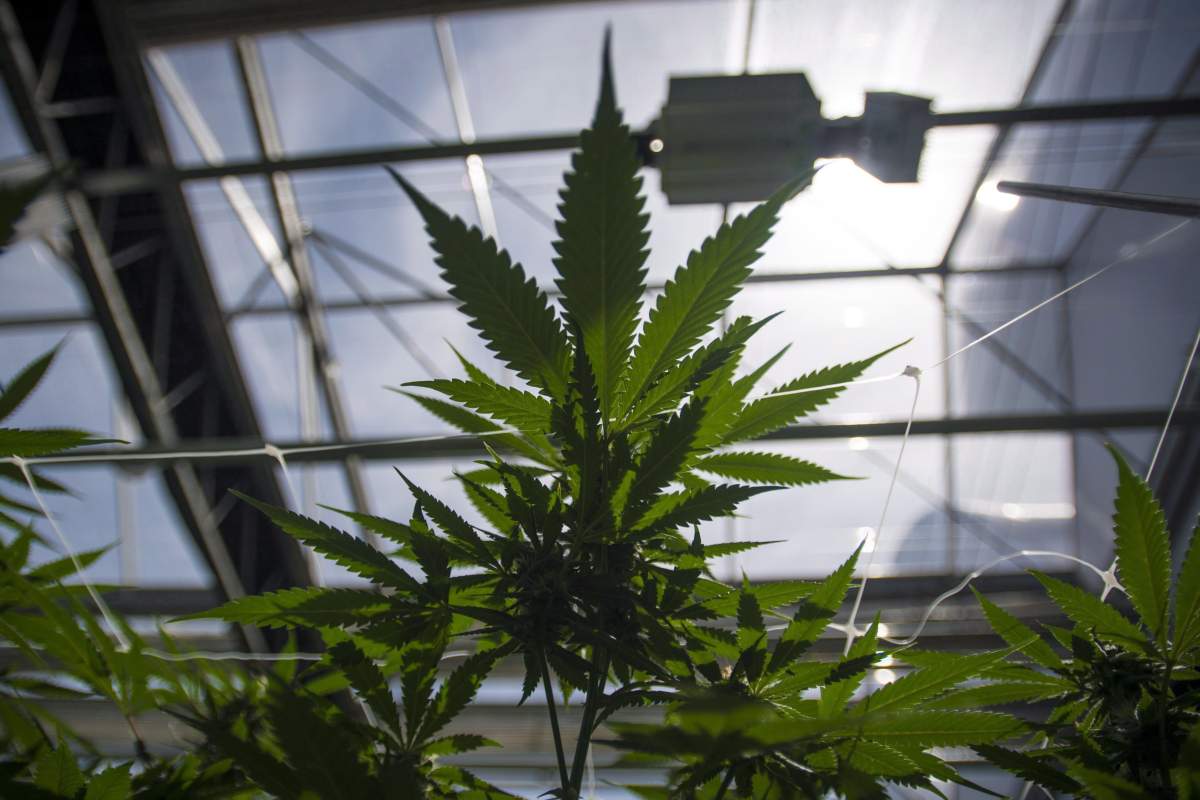CannTrust Holdings Inc. has fired its CEO and asked its chairman to resign after the board discovered new information during an internal investigation into alleged unlicensed pot growing by the cannabis producer.

The company’s board of directors decided to “terminate with cause” chief executive Peter Aceto, the company said in a statement released after markets closed Thursday.
The move comes after several media reports cited internal documents that suggest Paul and Aceto were aware of pot cultivation in rooms at a Pelham, Ont., facility without government approval months before Health Canada discovered the illicit activity.
Wait, There’s More: What the CannTrust scandal teaches us about investing in weed
The board also demanded company chair Eric Paul resign, which he did. It added that it is preparing to make additional operational changes in the following days and weeks.
WATCH: CannTrust marijuana producer on pot shortages, cannabis legalization and product innovation

The shakeup comes as the board’s special committee uncovered new information during its ongoing investigation into the company’s failure to comply with Health Canada regulations.

Get daily National news
Health Canada discovered during an unannounced inspection in June that the pot firm was growing cannabis in several rooms before securing appropriate licenses. The agency is currently investigating CannTrust.
The board has appointed the special committee’s chair Robert Marcovitch as interim CEO and he will no longer be a member of the committee.
“Our first priority is to complete the remaining items of our investigation and bring the company’s operations into full regulatory compliance,” Marcovitch said in a statement.
The role of special committee chair will be assumed by Mark Dawber.
CannTrust’s stock has fallen more than 40 per cent since early July, when it disclosed Health Canada’s findings that the company had grown cannabis in several rooms. The company said the unlicensed pot growing in question took place between October 2018 and March 2019, before the licenses were issued for these five rooms in April 2019.
WATCH: Cannabis sales – closing the price gap between the legal and illegal markets.

The regulator has put on hold 5,200 kilograms of CannTrust’s inventory, including some samples that are undergoing testing, and the licensed producer voluntarily put on hold 7,500 kilograms of products linked to the unlicensed rooms.
Health Canada has said that the company provided false and misleading information to its inspectors. Former CannTrust employee Nick Lalonde has said he was asked to put up fake walls and obscure unlicensed plants in photos that were submitted to federal regulators.
There are a number of enforcement tools Health Canada can use under the Cannabis Act, which include the suspension or cancellation of a federal license or the issuance of administrative monetary penalties up to $1 million.
Some CannTrust product that originated from the unlicensed rooms had been sold, including to various government retailers in Canada and to its Danish joint venture partner Stenocare, which has quarantined and blocked from sale five batches of product until regulators complete their probe.
As well, cultivation, sales and exporting of cannabis unless authorized under the Act are criminal activities, the penalties for which range from fines to imprisonment for up to 14 years in prison.







Comments
Want to discuss? Please read our Commenting Policy first.